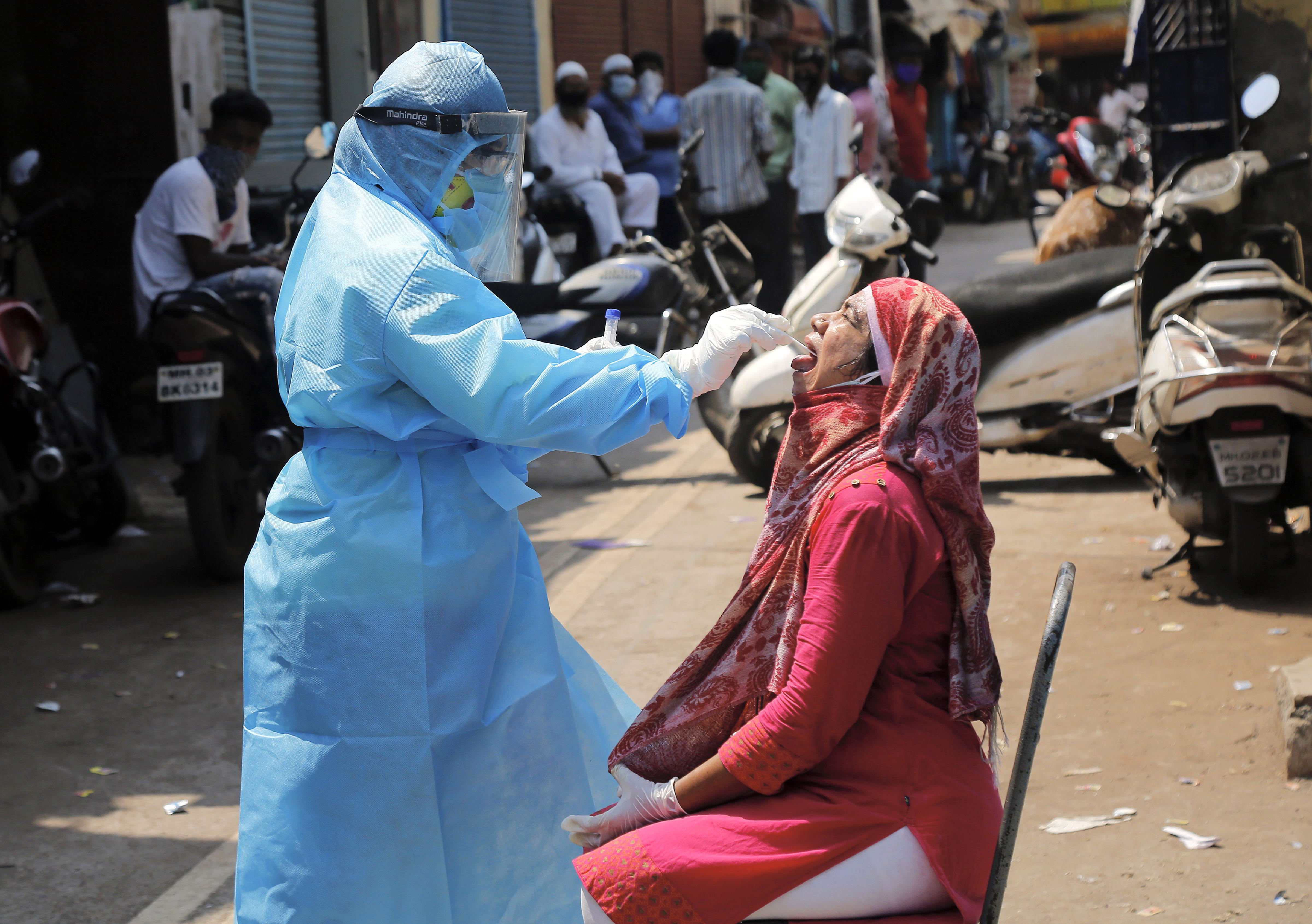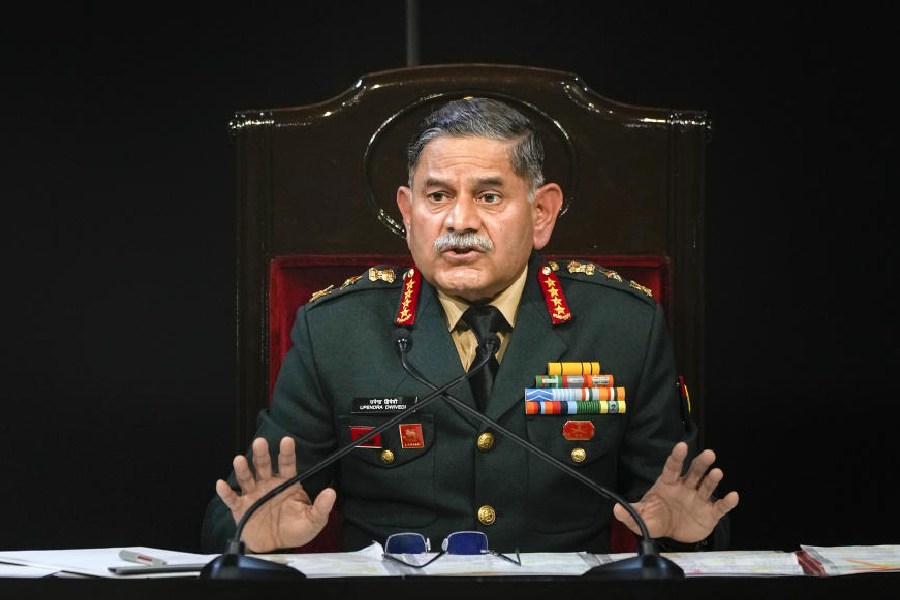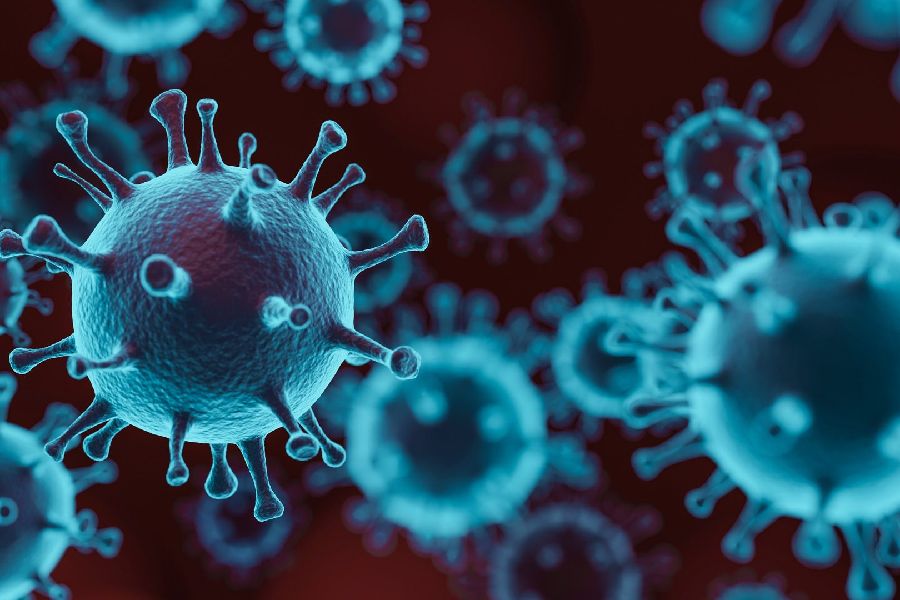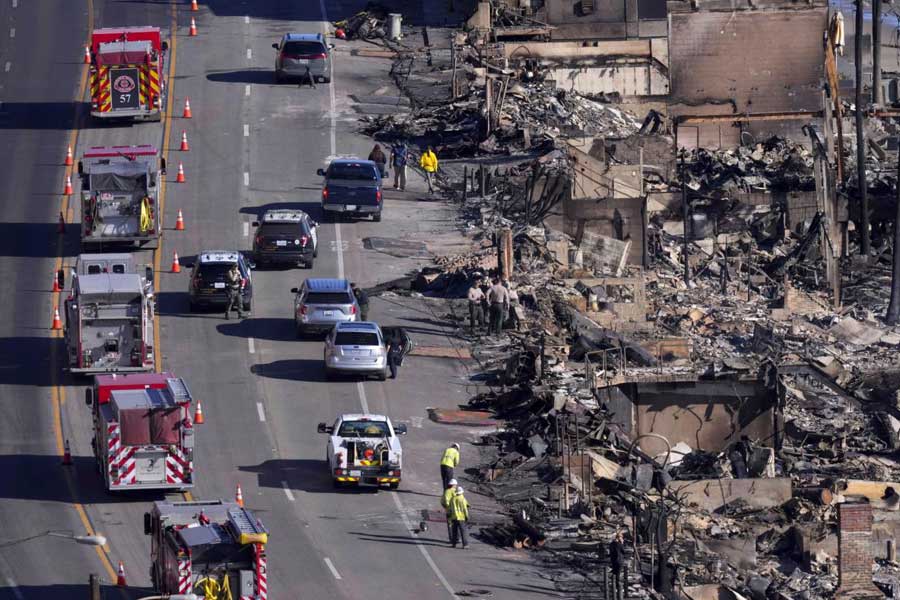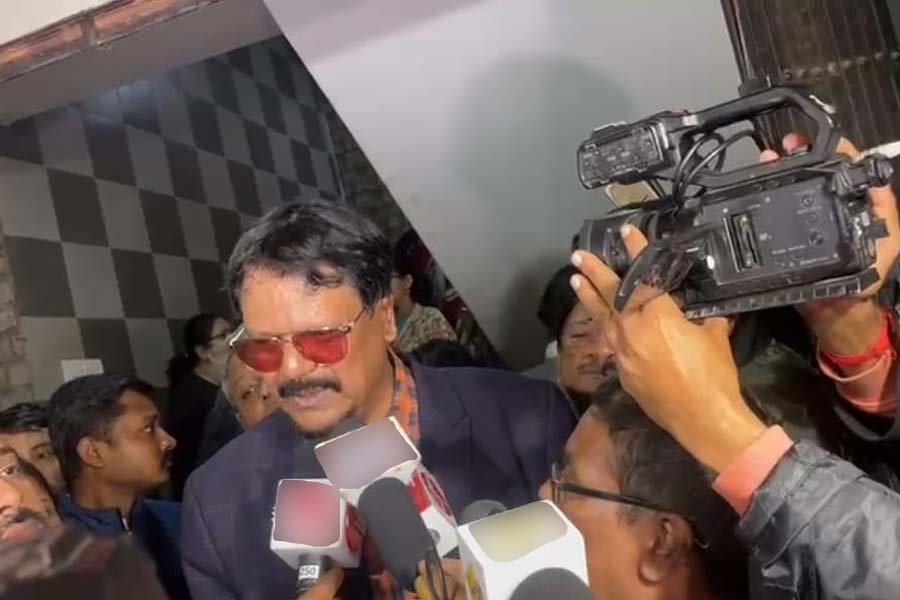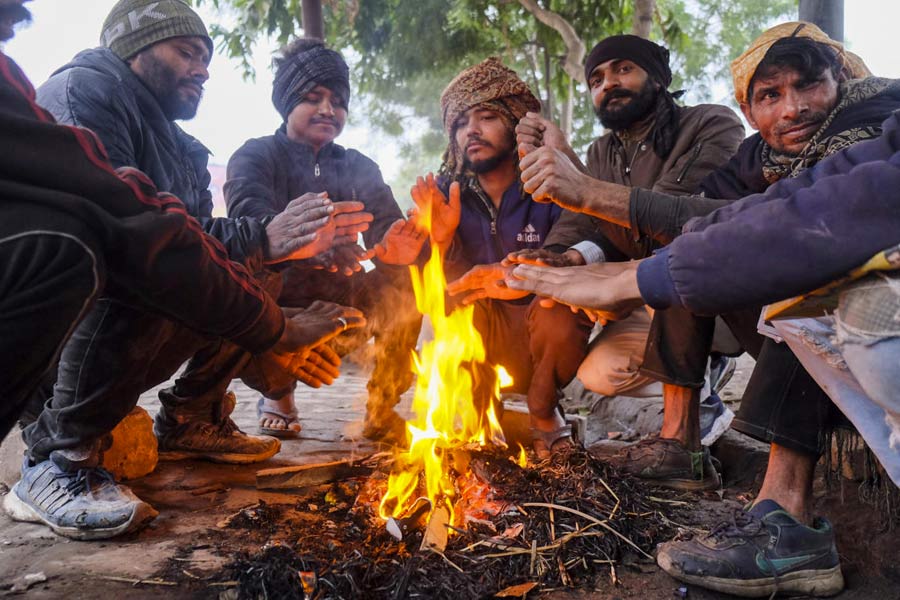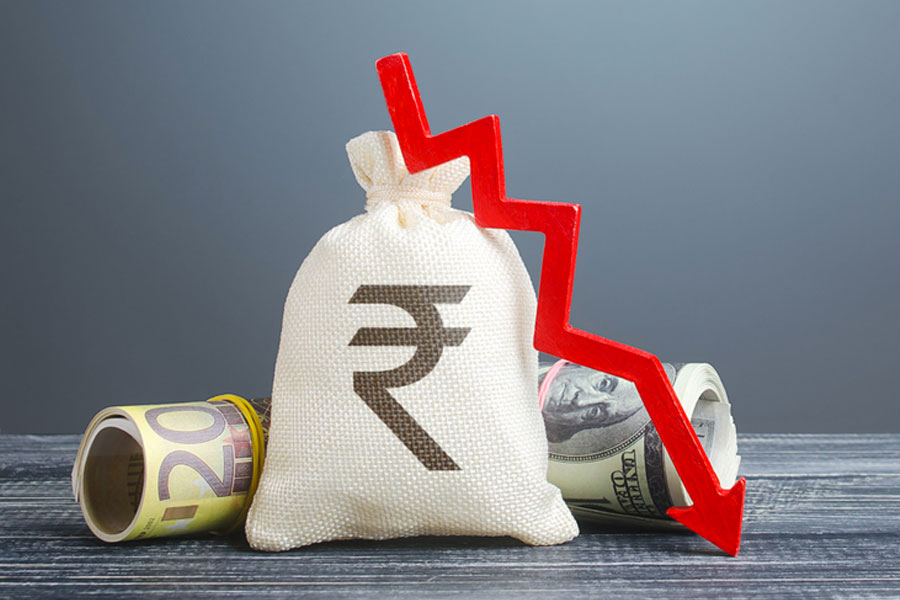Denial can extract a steep price. The prime minister has stated that the early measures taken by his government have helped check the spread of the novel coronavirus, even though ground surveillance by the Indian Council of Medical Research shows that the virus could have spread locally in at least 36 districts. The delay in compulsory quarantining of travellers coming in from all countries as well as guidelines to test only those with international travel history or those who have come in contact with positive cases may have aggravated the spread. But there is evidence to suggest that the authorities are learning from past errors. The Centre has now ramped up testing, setting a target before states and Union territories to test at least 2.5 lakh samples. Even the ICMR has changed tack, choosing to include patients with ‘influenza-like illness’ and ‘severe acute respiratory illness’ to be tested in high-focus areas. But a lot of ground needs to be covered. The amended norms should be extended across the country to detect chances of local spread. Antibody testing in those cases where molecular tests turn up negative is another way to ensure that the virus does not slip past the radar. It is imperative that the extension of the lockdown is complemented by enhanced testing.
The concern, however, lies in gaps in the infrastructure. Rapid testing kits, manufactured mostly in China, are in short supply — a consignment ordered by India has been diverted to the United States of America. Personal protective equipment is also hard to come by, putting front-line health workers at risk. The regulatory hurdles in place to protect domestic manufacturers of medical equipment — heavy import duties were removed only last week — will make it difficult to procure medical resources. But undertesting can be fatal; South Korea contained the virus with its expansive testing module. Crucial time has already been lost in India’s case; the time that remains must not be spent in denial but in fruitful interventions.

